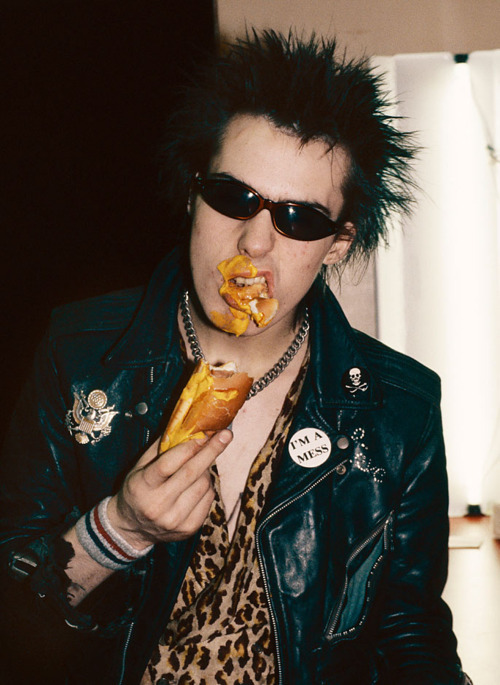The Turbulent Lives and Tragic Ends of Two Icons: Remembering Sid Vicious
A week of tragic losses in the sports and music world has seen the passing of two individuals who left lasting impacts on their respective fields, albeit in drastically different ways. Professional wrestler Sid Eudy, known as "Sid Vicious" and "Sycho Sid," died at the age of 63 due to cancer. Around the same time, news outlets remembered the 45-year anniversary of the death of punk rock icon Sid Vicious, whose turbulent life and mysterious end at 21 left an enduring mark on the music world. In the professional wrestling world, Sid Eudy's imposing presence, standing at an astonishing 6-foot-9, combined with his aggressive persona and intimidating physique, earned him multiple championships and cemented his place as one of the most recognizable figures in the sport during the 1990s. His wrestling career, which spanned several decades, saw him participate in prominent events, including WrestleMania, and pitted him against bigger-than-life characters like Shawn Michaels and Hulk Hogan. Beyond the ring, Sid Eudy was known for his complexity and charisma. According to his son, Gunnar Eudy, his father was a loving and caring person, but the harsh realities of the wrestling world took a toll on his health and overall well-being. In the years leading up to his death, Sid Eudy dealt with numerous health scares, ultimately succumbing to cancer on a date yet to be publicly confirmed. Across the Atlantic, a different Sid Vicious made headlines with his raw, energetic stage presence and destructive antics that mirrored the rebellious nature of the punk rock scene in the late 1970s. Born Simon John Ritchie, he gained international acclaim as the bassist for the influential punk band Sex Pistols. Sid Vicious's infamous partnership with Nancy Spungen, a rebellious and troubled individual in her own right, showcased the destructive tendencies and eventual tragic ends of two troubled souls. In London, the capital's explosive punk scene needed a soundtrack to complement its energy, and the Sex Pistols filled this gap with their sonically chaotic output. At the center of this cauldron of rebellion was Sid Vicious, whose commitment to the punk lifestyle translated into mayhem on and off stage. As it often does, substance abuse quickly became an integral part of their destructive nature. On February 2nd, 1979, just one day after being released from a New York City jail, Sid Vicious was found dead in his NYC apartment. The resulting investigation ruled his overdose death as accidental. Such a path was not unforeseen given the conditions they put themselves in; ultimately, fate called the day to leave this world behind. Sid Vicious's musical legacy outlived his tumultuous personal life by a long shot. The fact remains that during his 21 years on this earth, one of the legendary punk acts achieved unimaginable heights in terms of innovative musical raw energy, anti-establishment social critique, and unfettered provocation.My Way: A Comparison of Pasts
Lyrics to the punk anthem "My Way," famously sang by both Sid Vicious and later by Sid Eudy, seem like an odd juxtaposition of themes upon comparing the lives and careers of these two vastly different individuals. We see a juxtaposition of the raw energy of Sid Vicious, who, as a punk rock pioneer inspired rebellious anger, against the towering physique and commanding presence of professional wrestler Sid Eudy, known as "Sid Vicious" in another corner of the world. Though they may have worn the same moniker, the careers and lives of the two men took two extremely different paths. One man walked on darkness but stood on raw rage, whereas the other walked tall among masses swaying – an enduring tribute to contrasting a legendary pair we'll never see again.#Sports

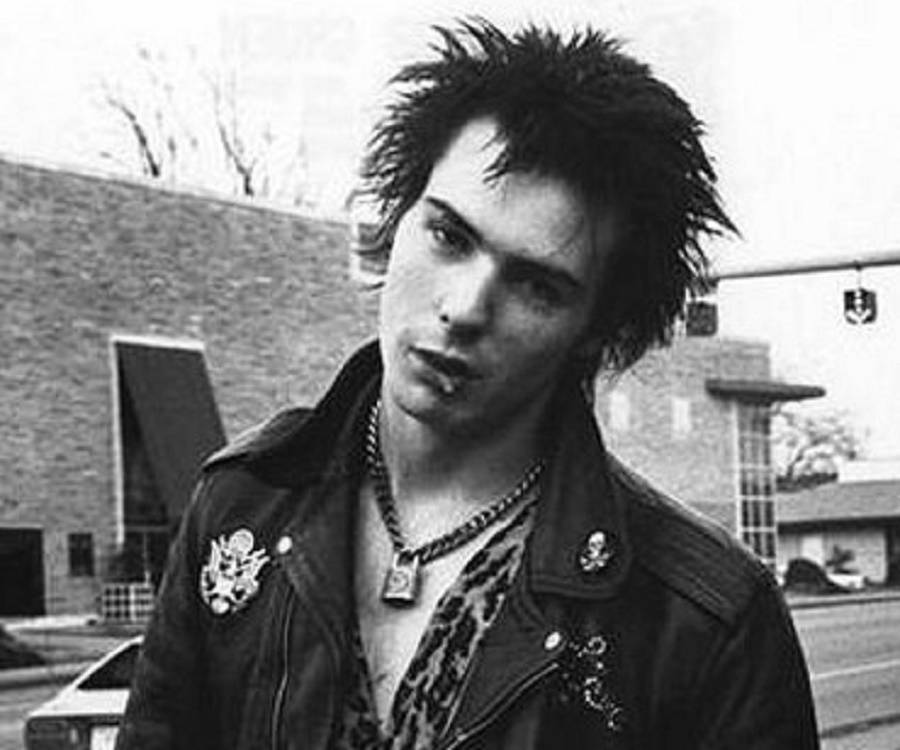
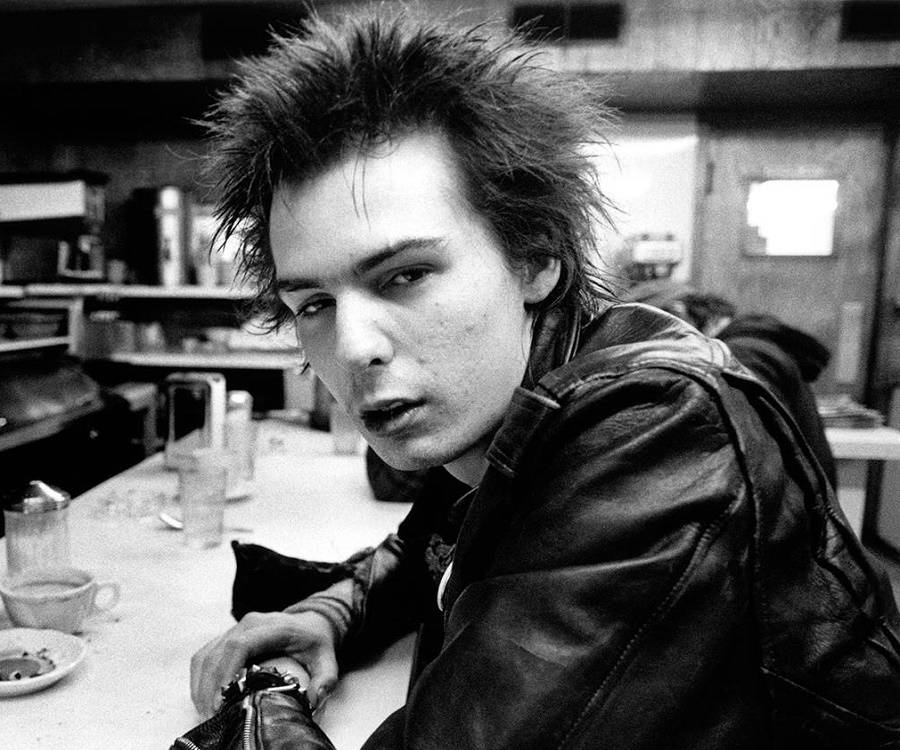

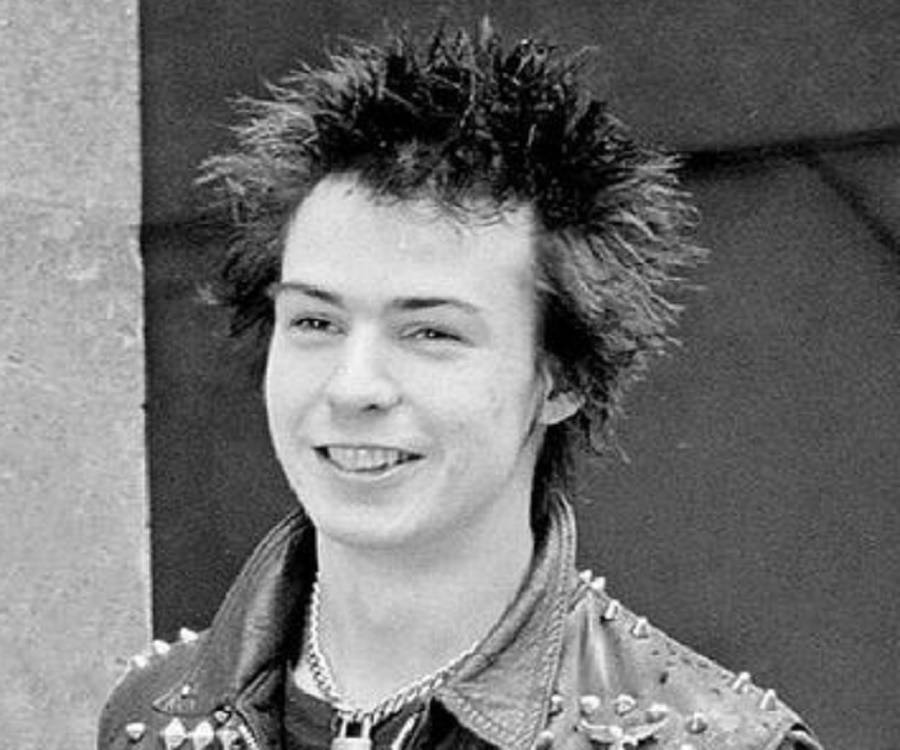
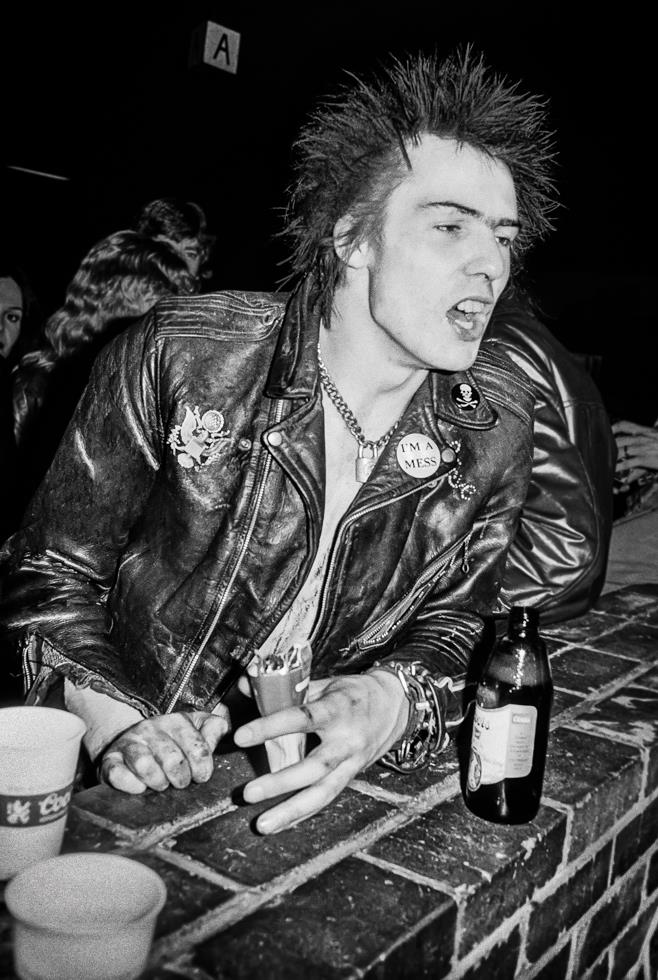
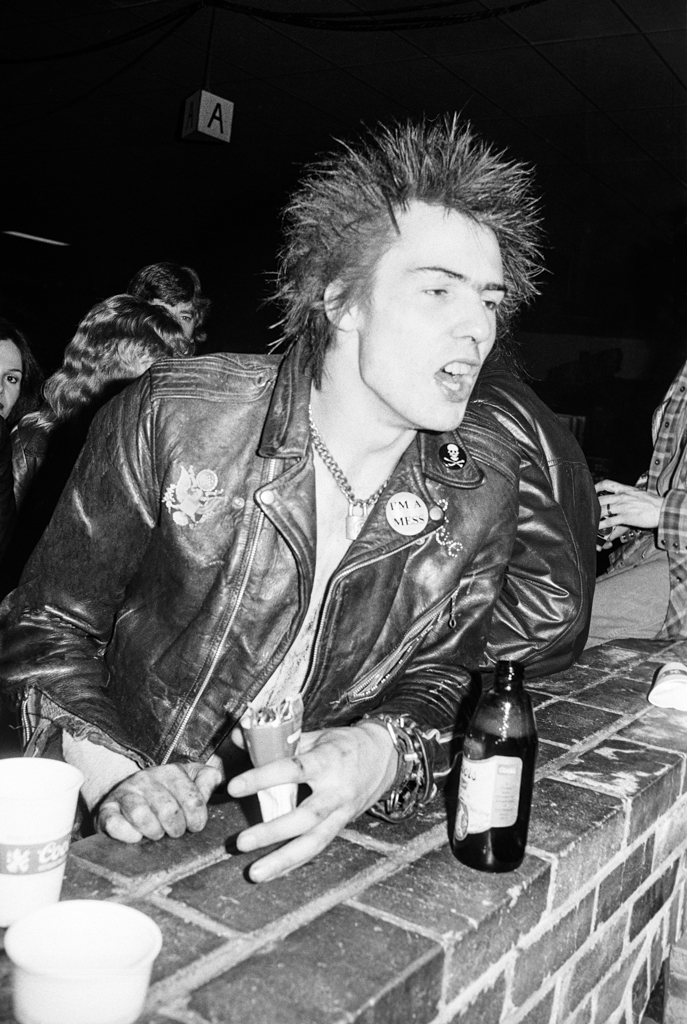
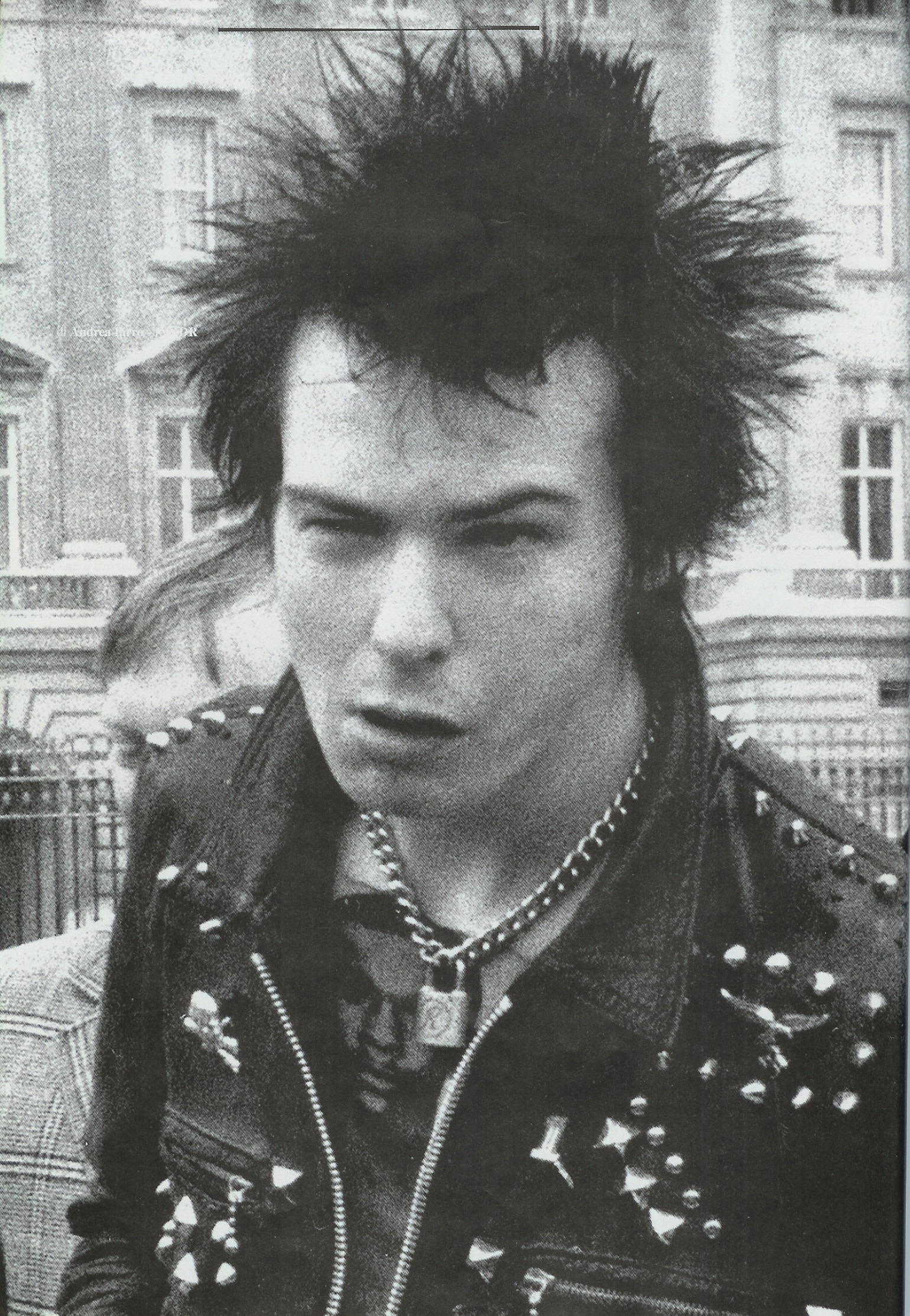
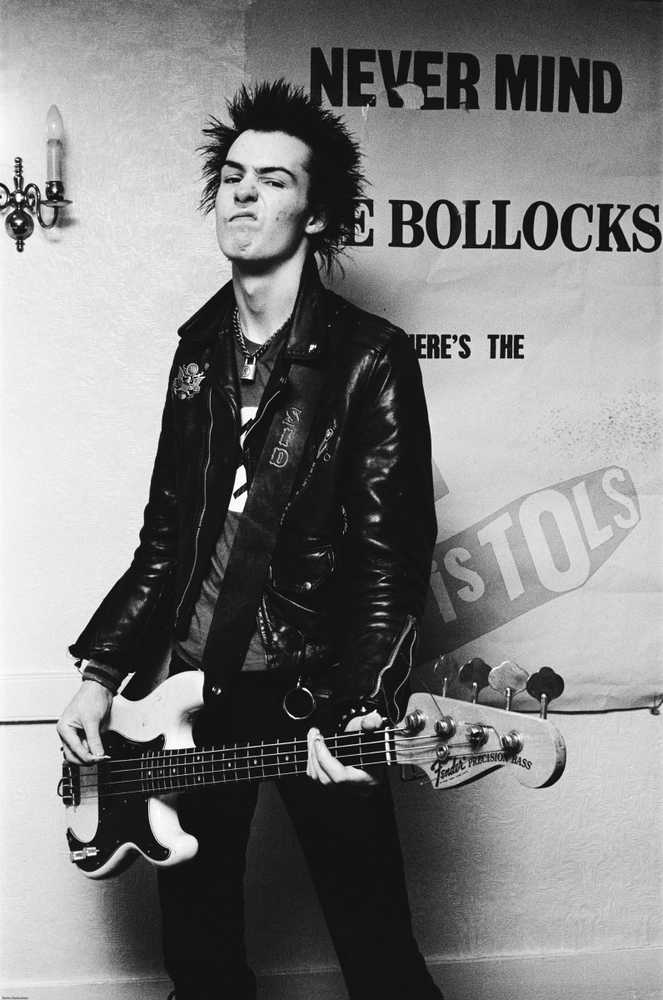
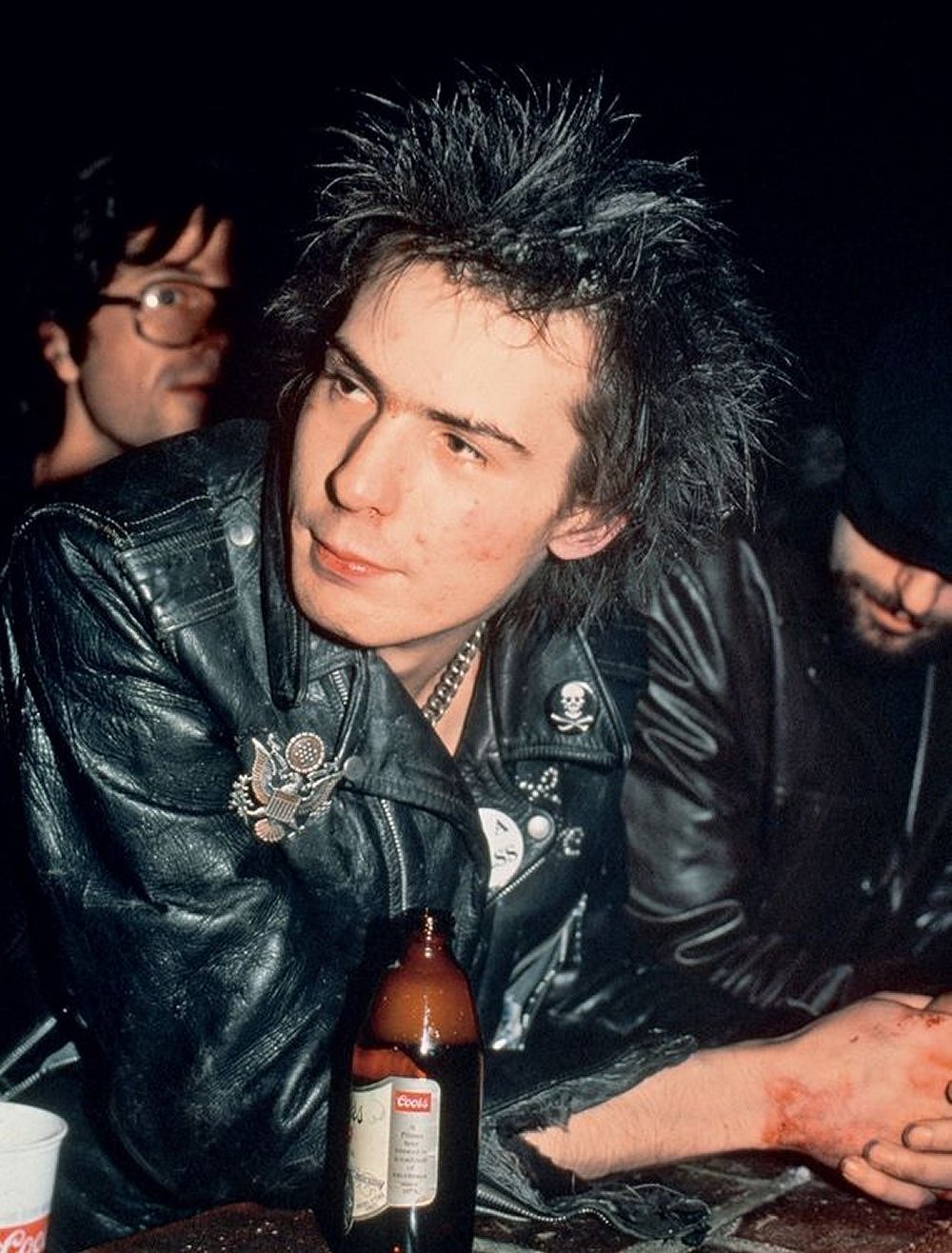


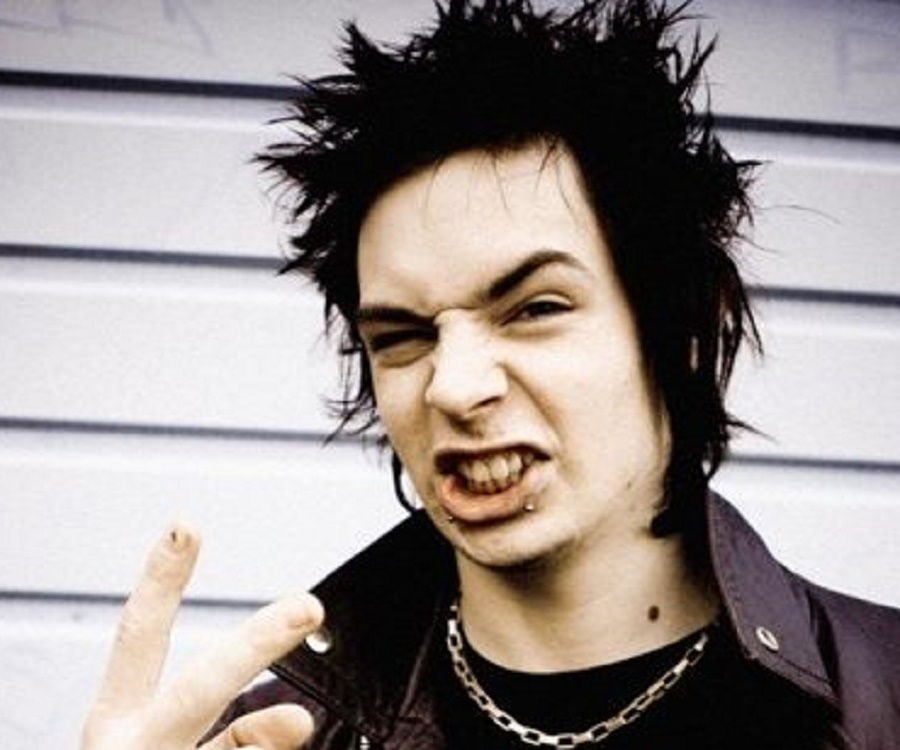

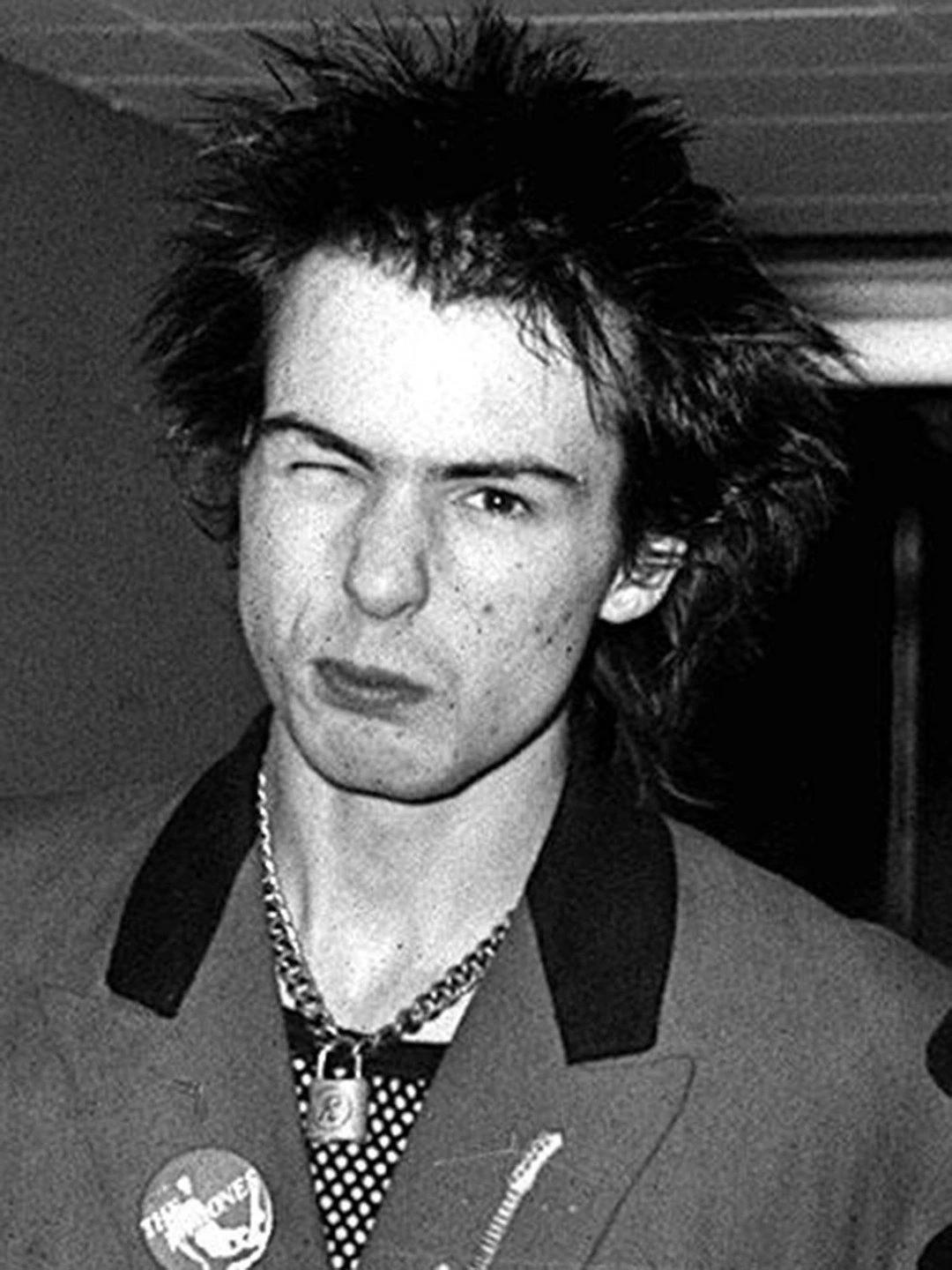

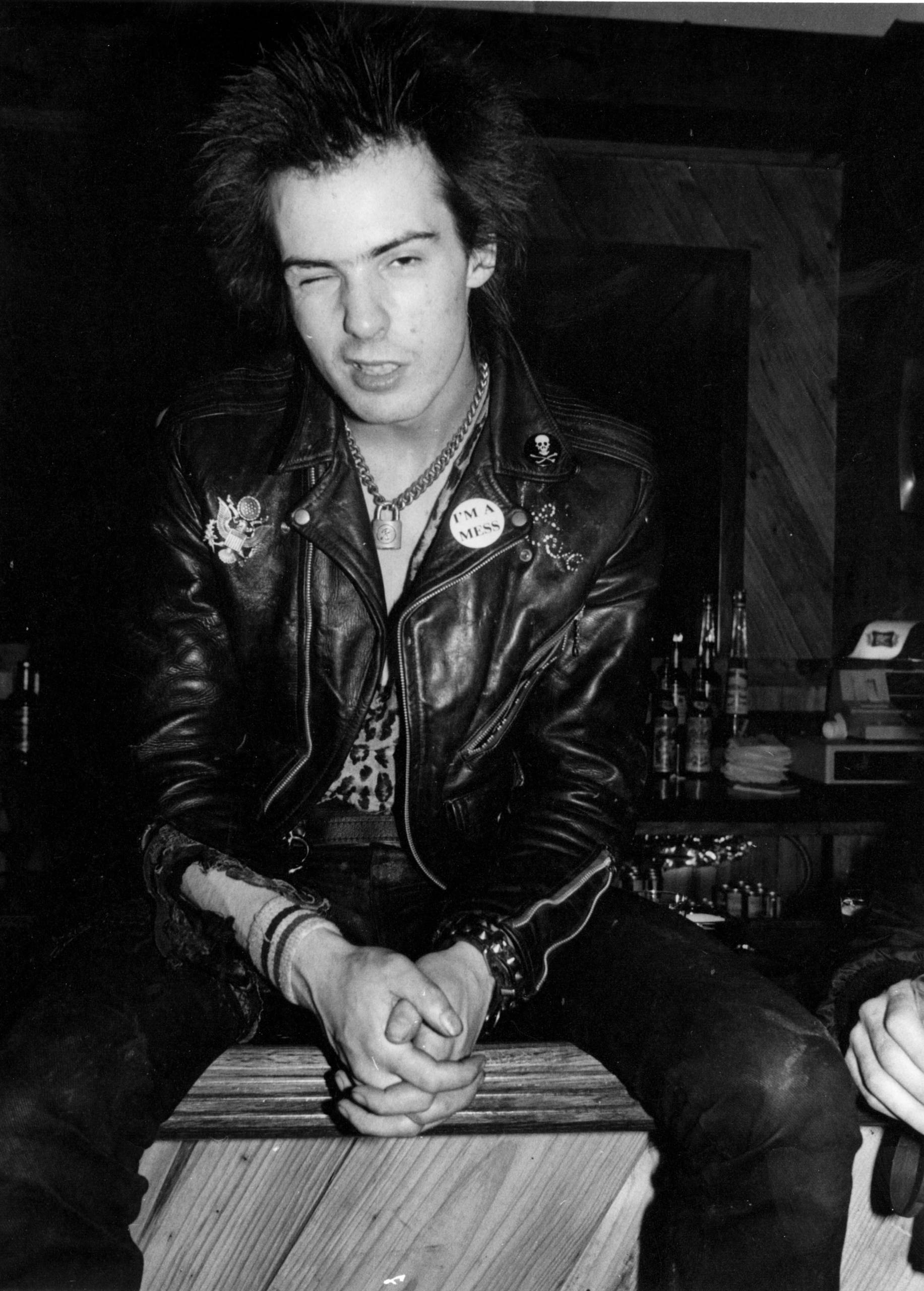

__clolp23321370202059_plid_122455.Jpeg)
